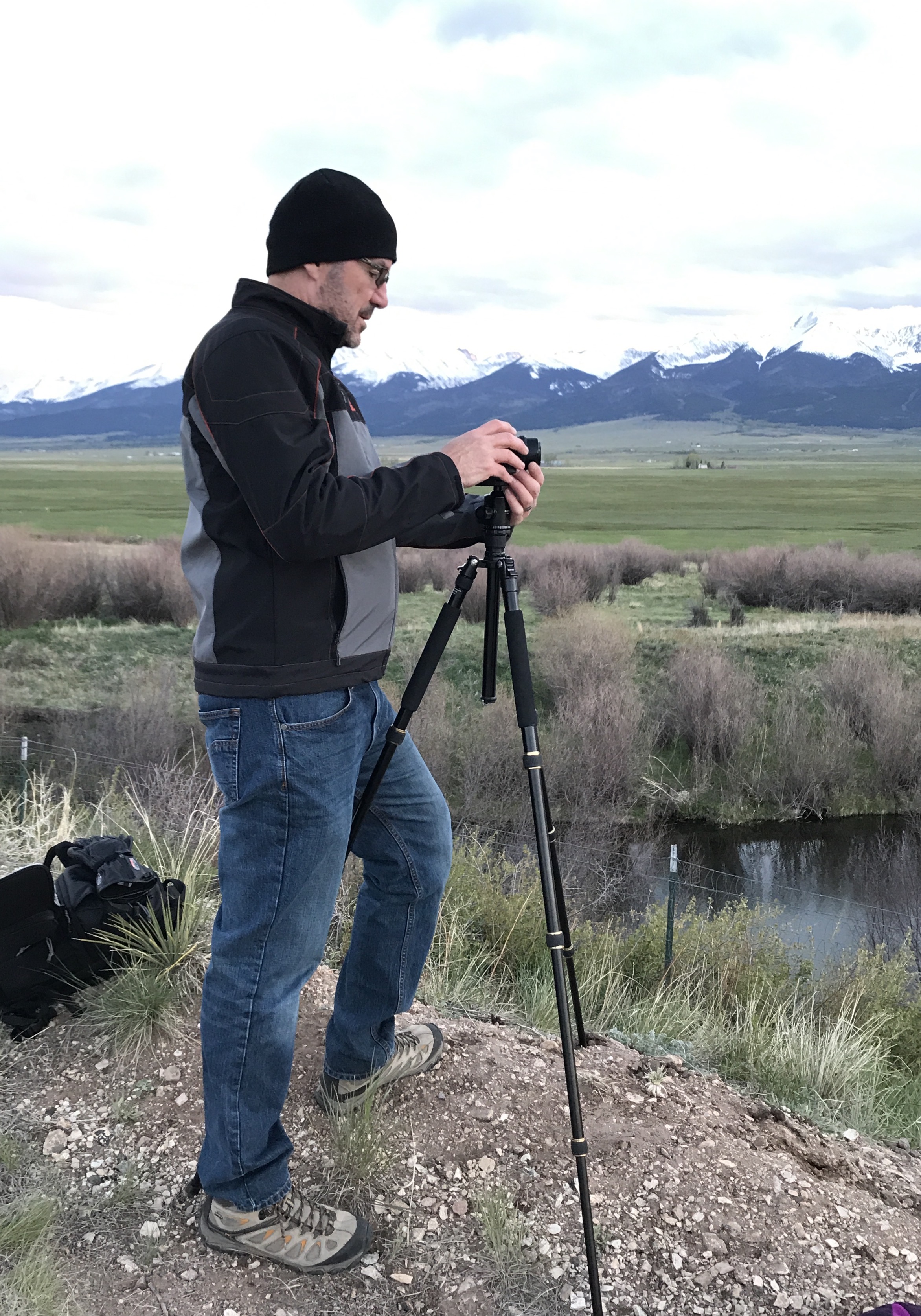A scared little boy
- Chris Monnette

- Feb 21, 2022
- 4 min read
Updated: Aug 26, 2023

There have been many transformational moments in my life, some good and some bad, but none like the journey that began when I met a therapist named Chad. Here is an excerpt from my memoir about that first meeting. This takes place a few years after being diagnosed with macular degeneration, as the reality of my situation is becoming real.
Excerpt from Seeing Clearly, Chapter 4, A New Language
“It’s strange, in so many ways I feel more confident and self-assured today than I have at any point in my life. I have had friends, colleagues and customers describe me as unflappable or confident, and at times I can clearly see that in me.”
“What’s wrong with that?”
“Nothing. But the funny thing is, that may be how I look on the outside, but all too often the thought running through my head is, Dear God, is today the day they figure out that I am a fake, that I am in way over my head? How can both of those things be true, Chad? I hate that part of me. How do I get rid of that?”
“What does it feel like to you when you get that feeling, that you aren’t good enough?”
“I don’t know. I guess it feels like shit.”
“Ok, but how does feeling like shit feel?”
“I don’t know. I guess I want it to stop. I just don’t understand why I still struggle with confidence. I mean, if I look around, I can see so many reasons why I should feel confident. Particularly at work. I am pretty good at what I do. Why the hell do I feel this way?”
“You are smart, Chris. Very smart. That’s your problem. As with any skill, if you overuse it, it can become a liability. You can’t think your way through this. You have to learn to feel your way through. Are you willing to try something, Chris?”
Feel my way? What the hell does that mean?
“Uh, I guess so,” I answered.
“Great! Close your eyes.”
I sat back and closed my eyes.
“I want you to focus on a time when you felt that you weren’t good enough. Don’t push the feeling away. Move toward it. Just let it wash over you.”
I sat there with my eyes closed trying to somehow mentally-levitate toward some unknown feeling. This feels crazy but what the hell. That’s why I am here...
“Tell me what you feel Chris.”
“I guess it is fear perhaps,” I answered.
“Fear. Good. What does that look like? Describe it to me.”
“What does it look like? I don’t know. Fear. I’m scared I guess.”
“Try to picture that fear. What does it look like? Is it dark, is it smoky? Describe it to me.”
“I don’t know, I can’t really see it. It’s kind of everywhere. I mean it is kind of like asking a fish to describe water. It just surrounds me. I guess it is like how a scared little boy must feel.”
Where the hell is he going with this?
“A small child. Wonderful! Like how old you think?”
“Five, six?”
“Ok. Great. So, I want you to picture that scared little boy. Can you see him?”
“I guess. Ok. Yes. I can see him. I don’t like him, but I can see him.”
“You don’t like him, why?”
“Because he is that part of me that I hate the most. The part I really want to get rid of.”
“But Chris, he is just a little boy, and he is scared. Do you want to just yell at him and tell him to get away from you? Is that what you would do if you saw him sitting there afraid?”
“Well, no, of course not.” Suddenly I felt tears welling up in my eyes. “No never. I would never do that!”
“Then what would you say to him, Chris?”
I sat and thought about it for a moment before answering, “I guess I would ask him what he is afraid of? And I would listen and help him see that everything is going to be okay. He doesn’t need to be afraid.”
“Of course you would. So, let me ask you something. Why can’t you be that compassionate to yourself? Because you know what Chris, that little boy is a part of you, and you can’t hide him or ignore him. You have to learn to love him, to comfort him. Allow him to express his fears, because if you don’t, as with any five-year-old, he will make sure his voice is heard by acting out.”
As we sat and talked about it more I began to understand. That little boy had been inside me my entire life. I could see him as I looked back at that picture in front of the Leaning Tower of Pisa with my brother as I desperately clung to my mother’s leg. I saw him as a teenager, in his shy, introverted behavior, afraid to ask the girl he liked to dance, and I began to get a glimpse of his presence during my late forties following the death of my parents. Before our divorce, my ex-wife, Holly, said to me, “I don’t think you have ever truly grieved the loss of your mother.”
“Not true,” I responded. “I’ve grieved. I just don’t see a reason to wallow in self-pity. What use is that?”
Then my father died, and I grieved even less.




Comments